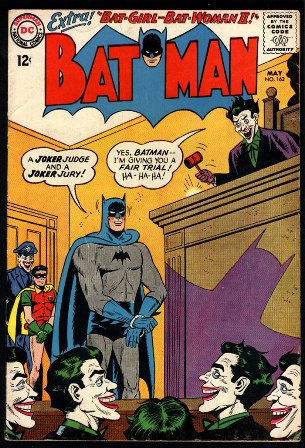[A]bove all, anonymity, that shield of all literary rascality, would have to disappear. It was introduced under the pretext of protecting the honest critic, who warned the public, against the resentment of the author and his friends. But where there is one case of this sort, there will be a hundred where it merely serves to take all responsibility from the man who cannot stand by what he has said […]. Often enough it is only a cloak for covering the obscurity, incompetence and insignificance of the critic. It is incredible what impudence these fellows will show, and what literary trickery they will venture to commit, as soon as they know they are safe under the shadow of anonymity. Let me recommend a general Anti-criticism, a universal medicine or panacea, to put a stop to all anonymous reviewing, whether it praises the bad or blames the good: Rascal! your name! For a man to wrap himself up and draw his hat over his face, and then fall upon people who are walking about without any disguise—this is not the part of a gentleman, it is the part of a scoundrel and a knave.
